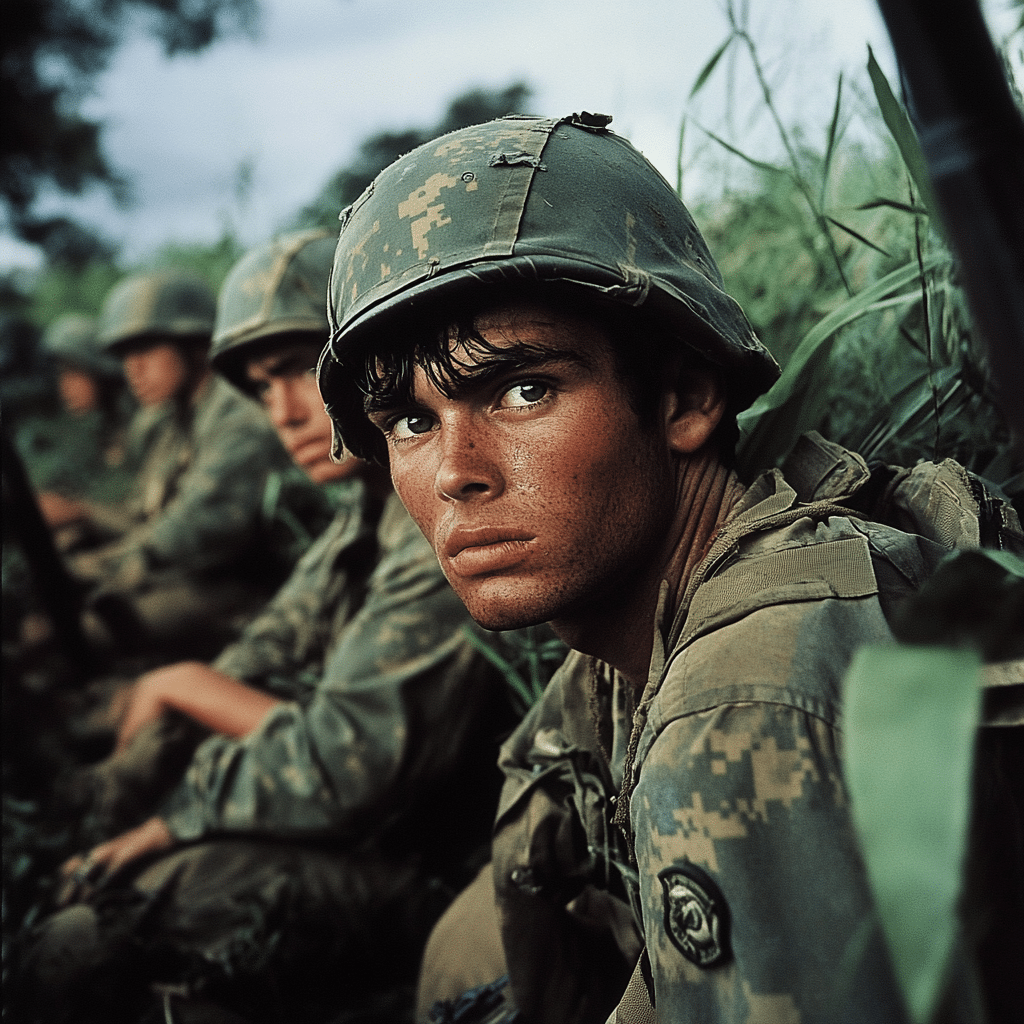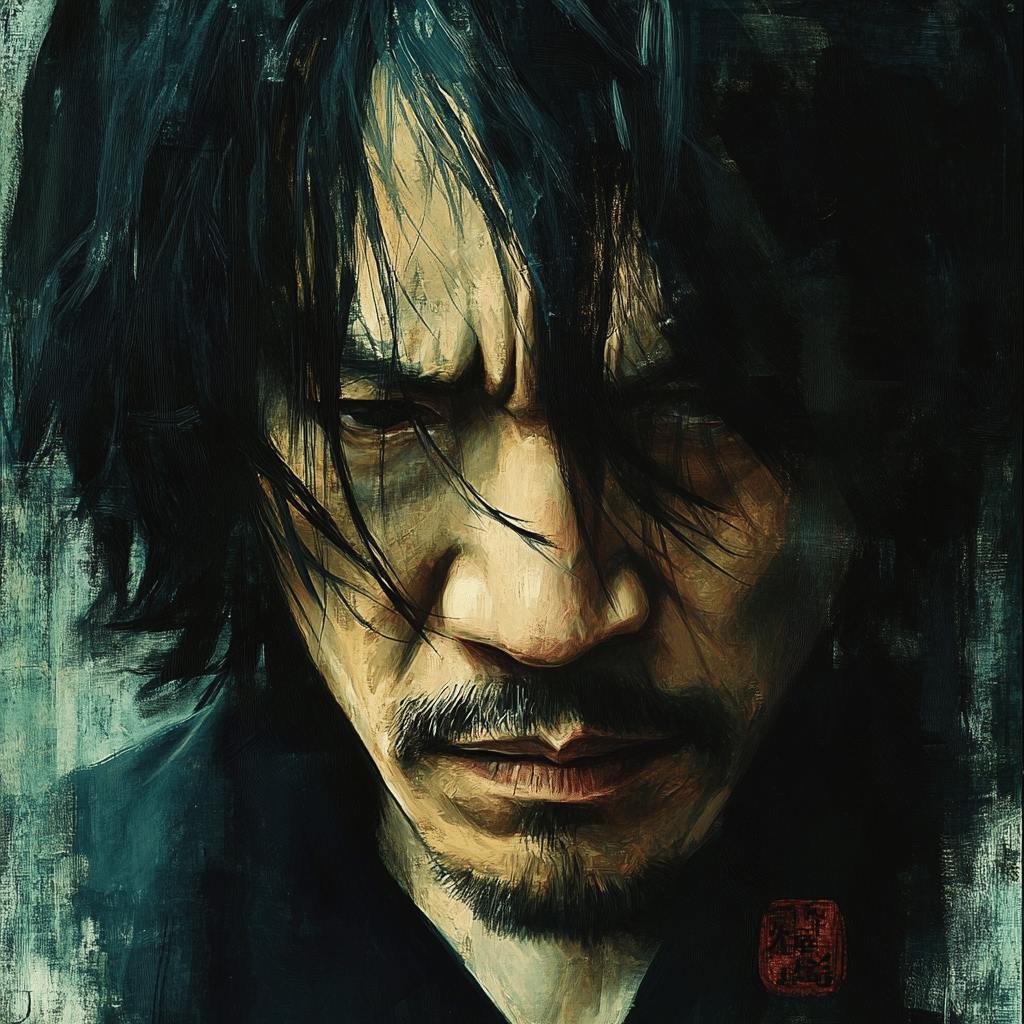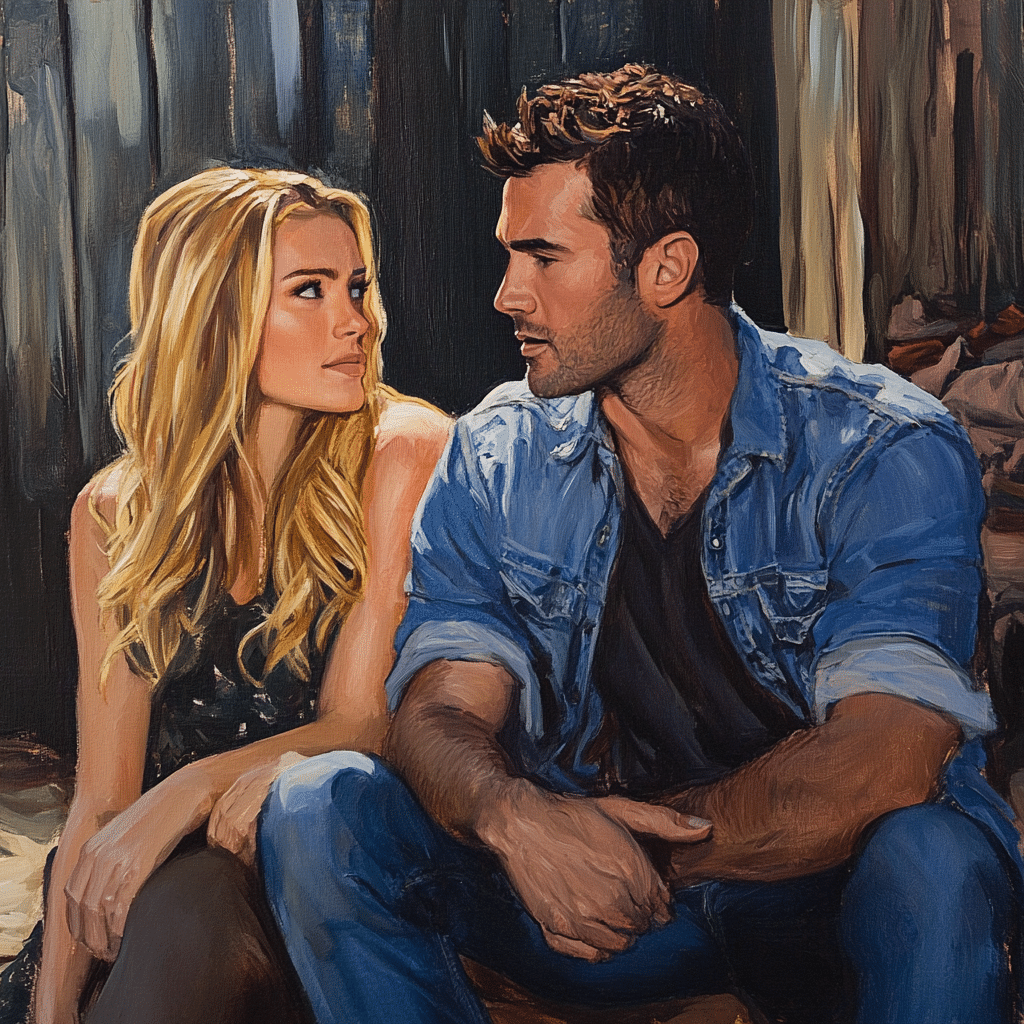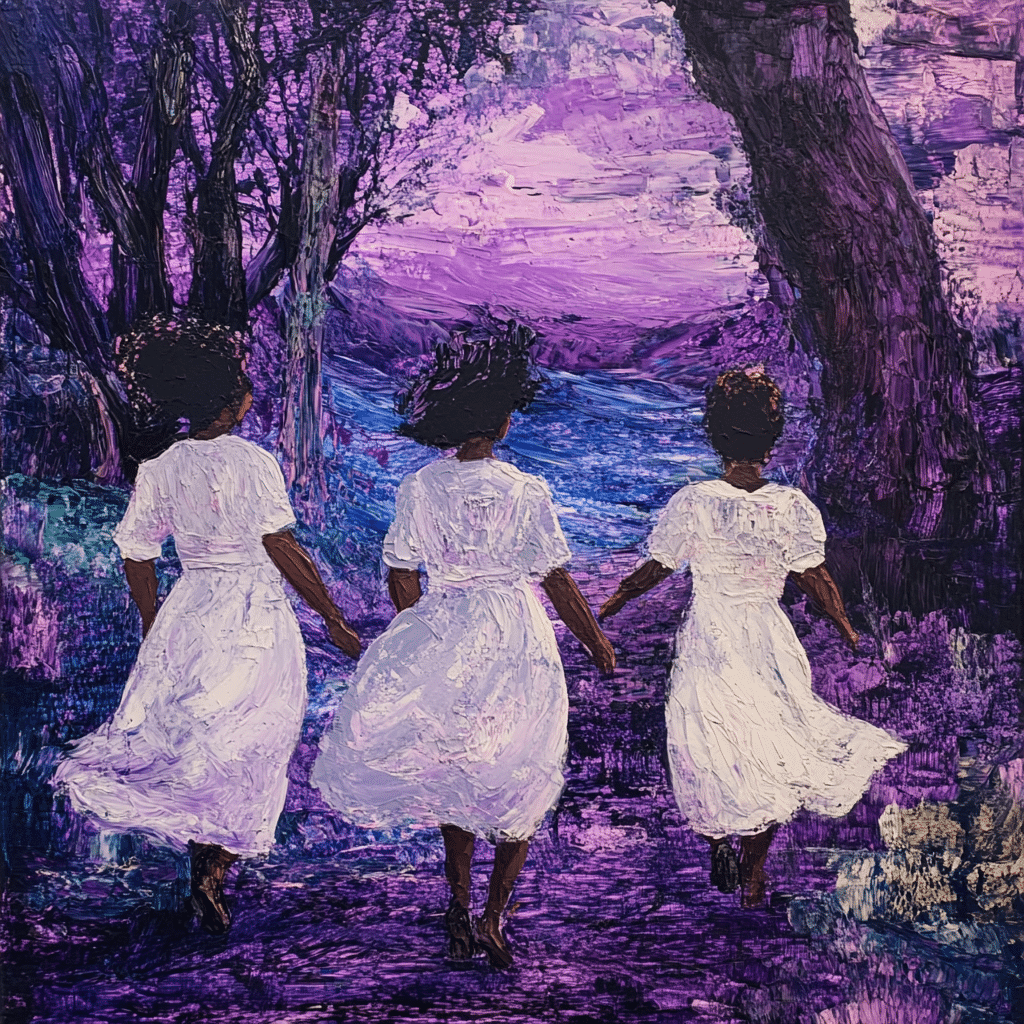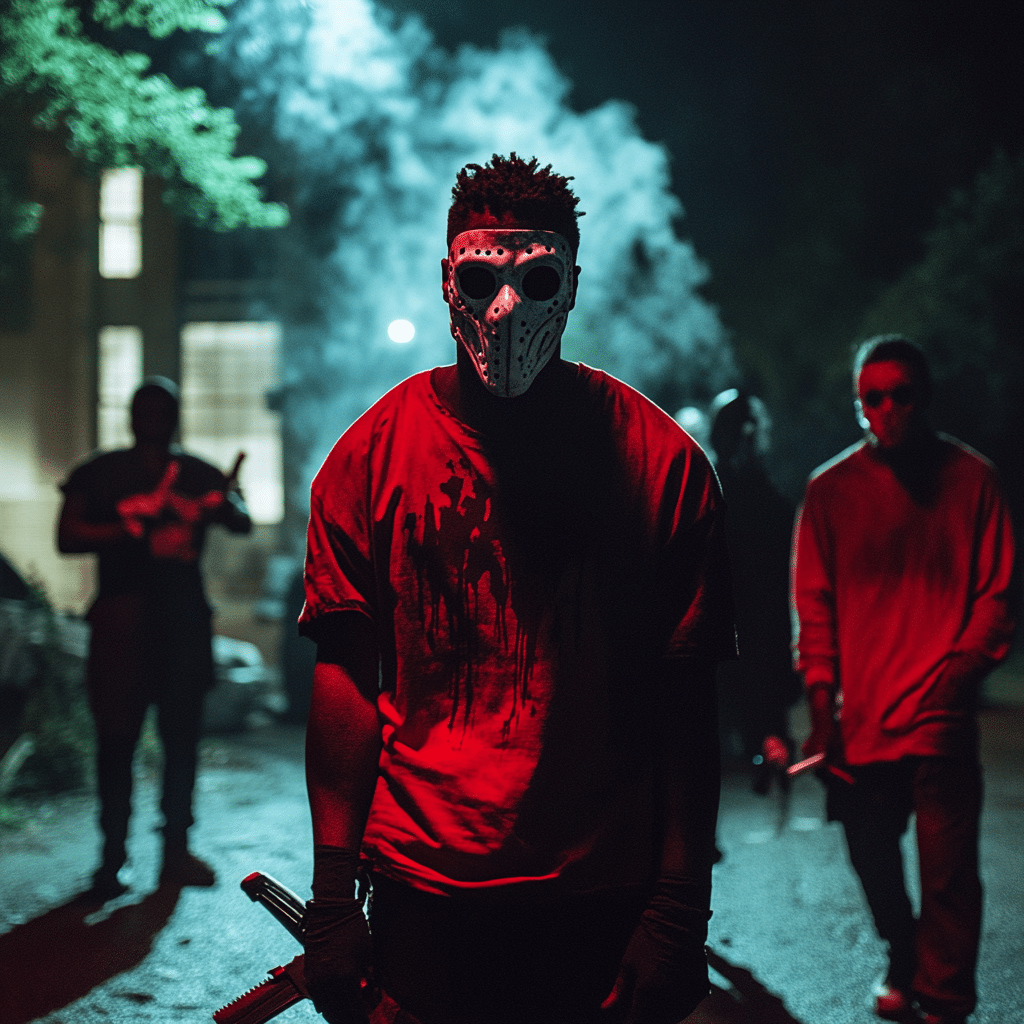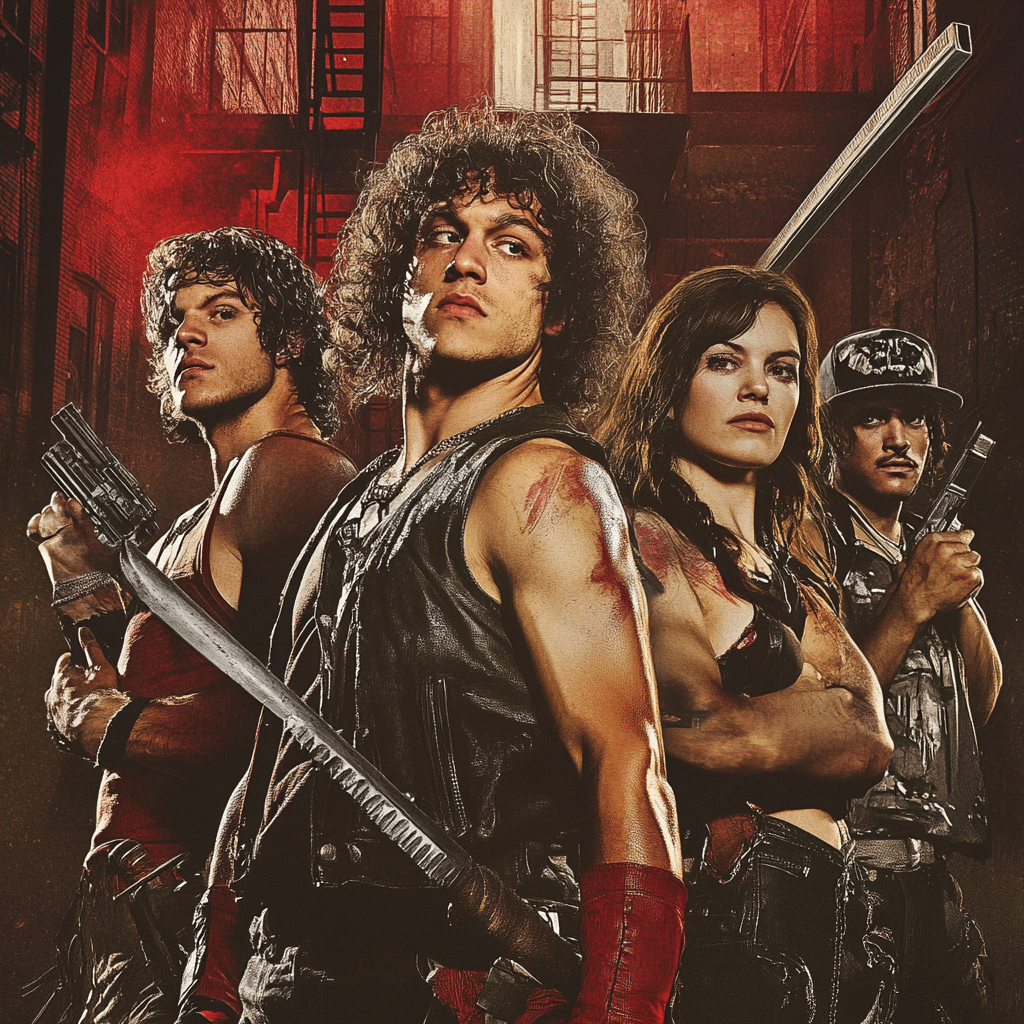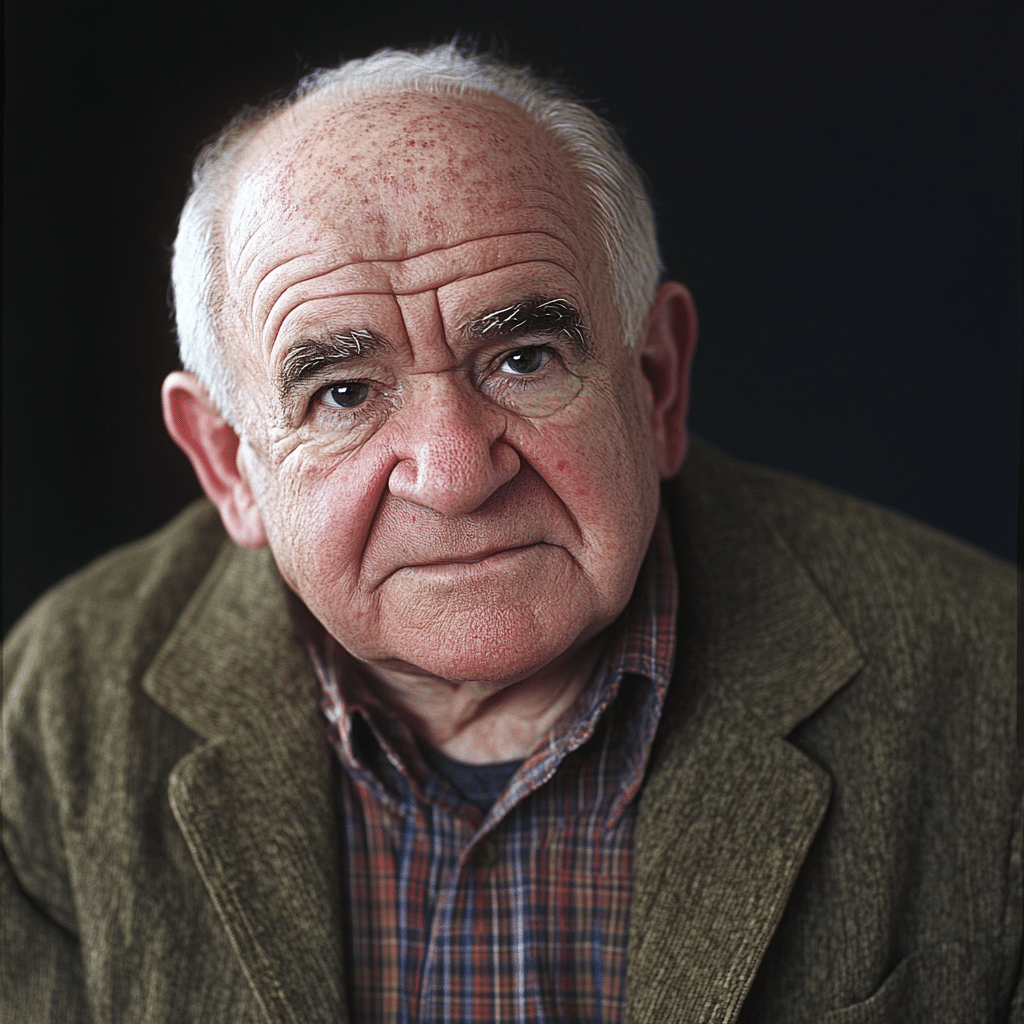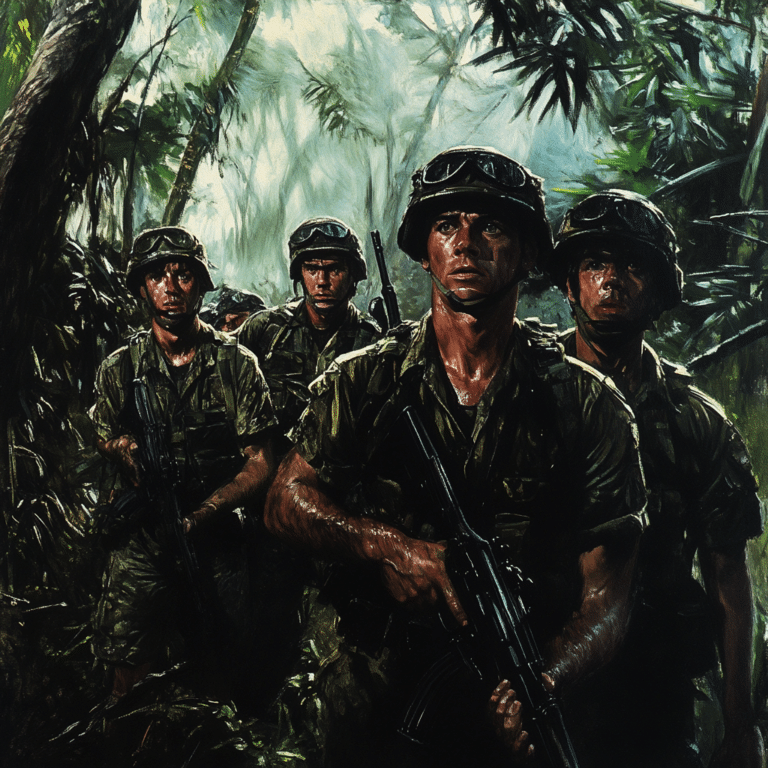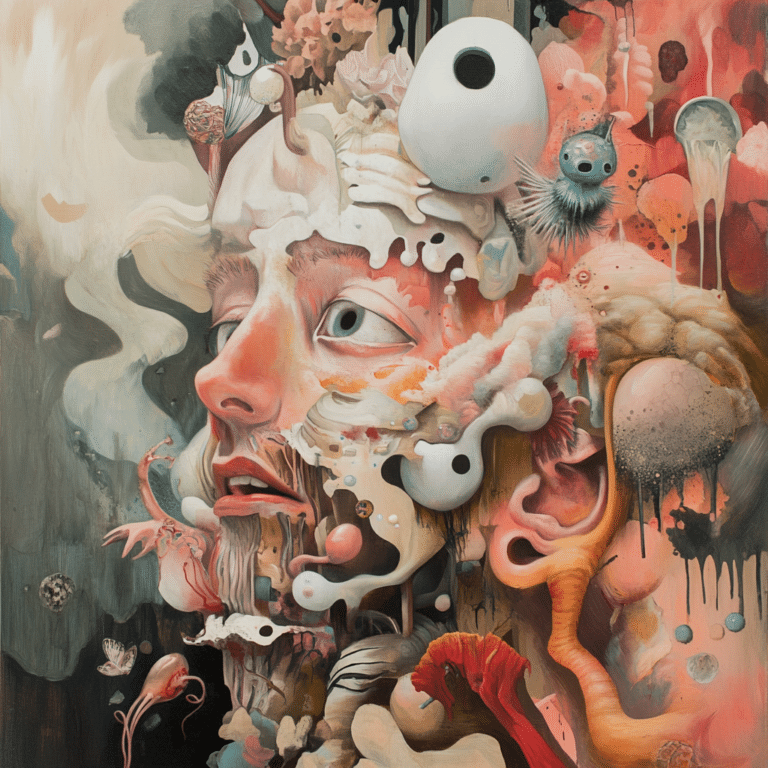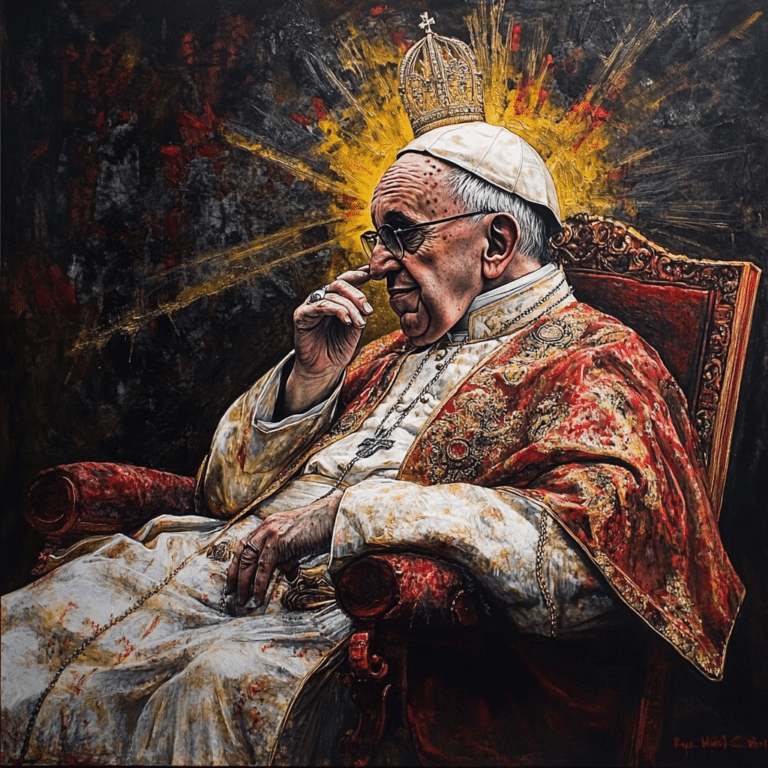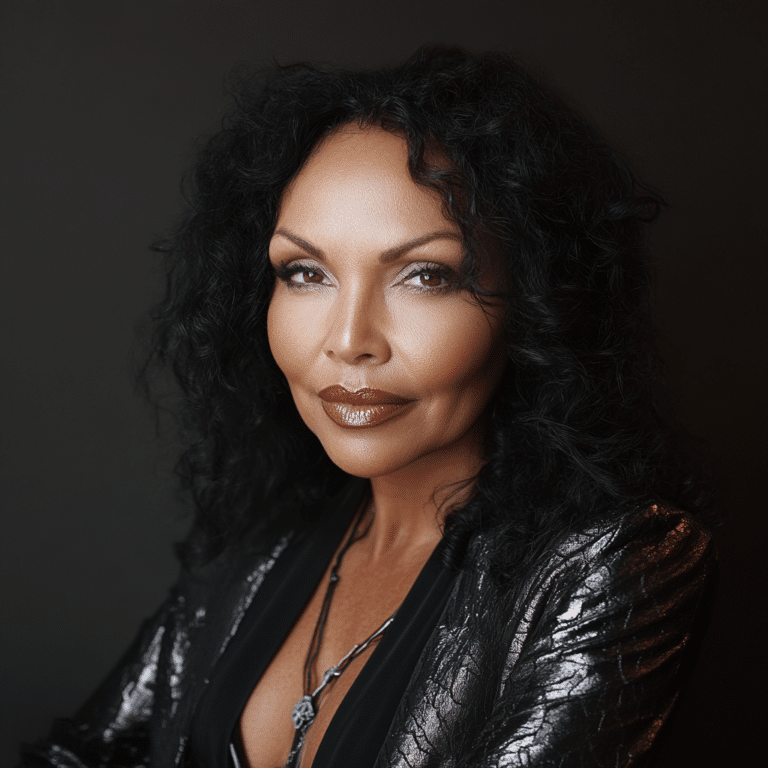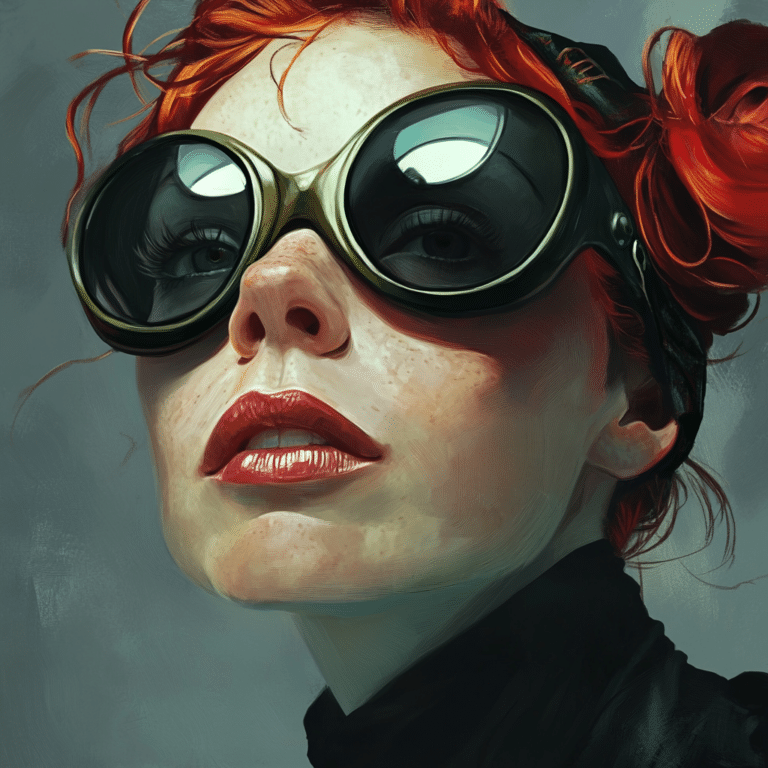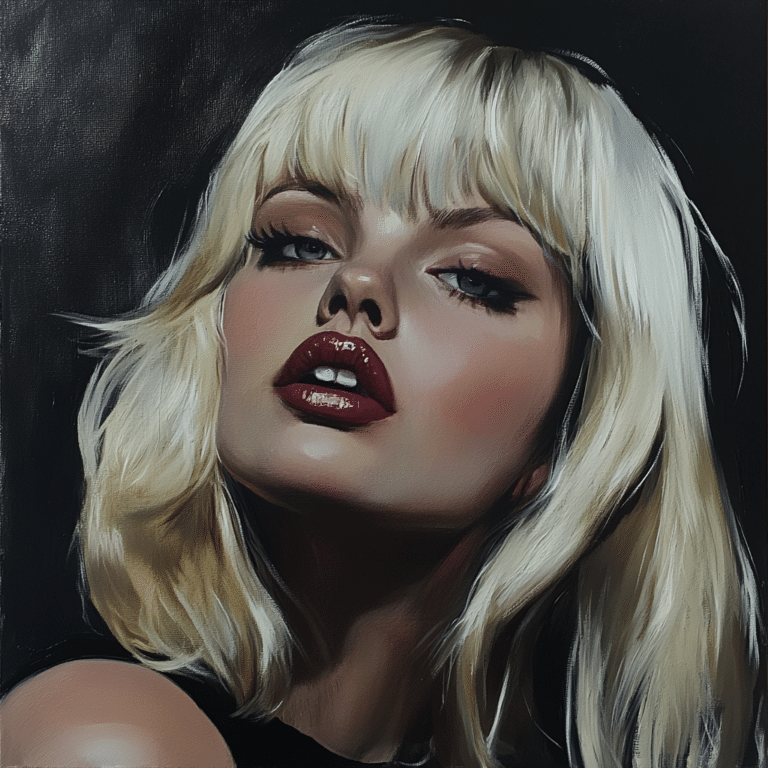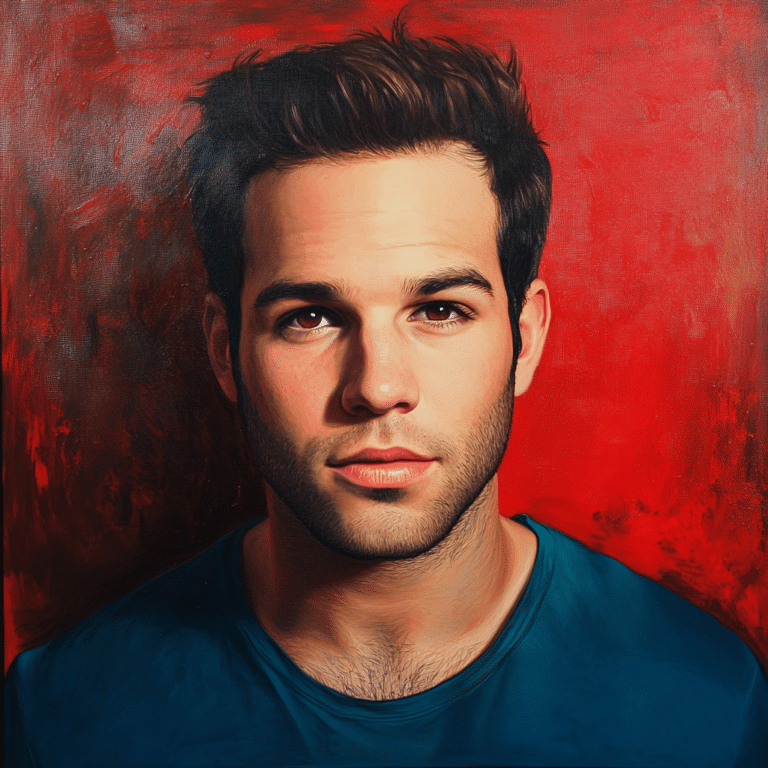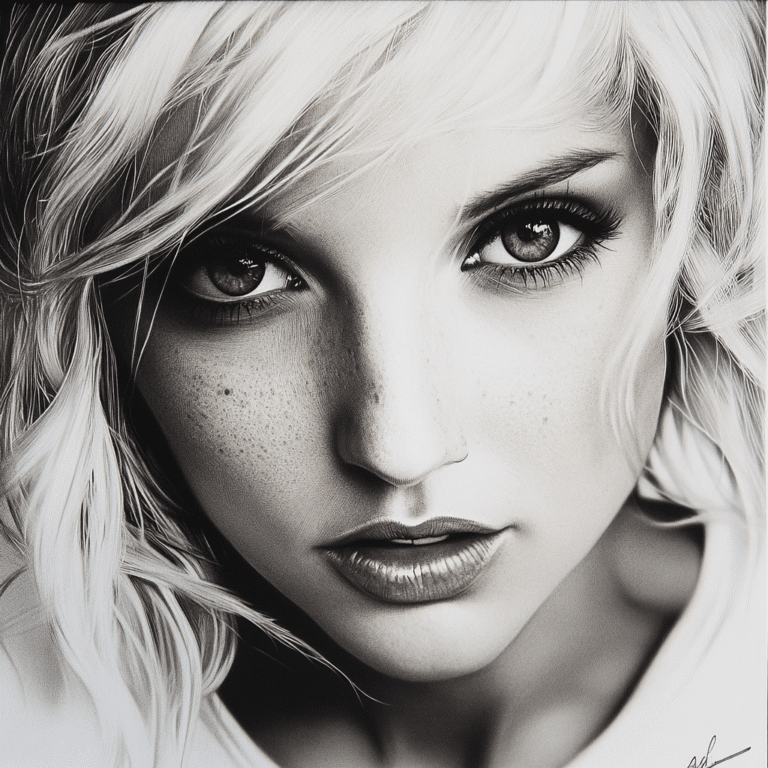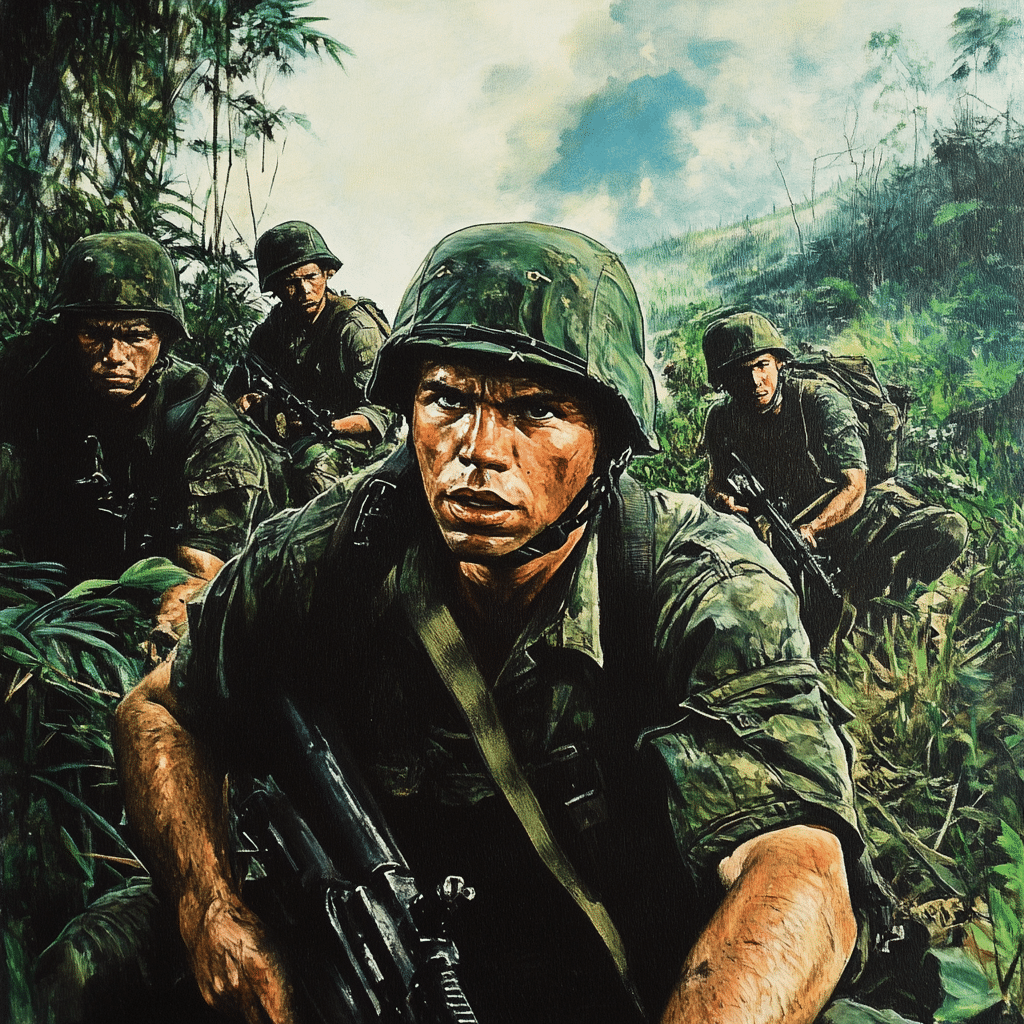
Platoon: A Deep Dive into Its Raw War Realism

1. The Impact of Platoon on War Cinema
Oliver Stone’s Platoon, unleashed on audiences in 1986, changed the game for war films. Before this flick hit the screens, many war movies, like The Green Berets, sugar-coated the harsh realities of battle, making combat look like a glorified video game. Stone, a Vietnam veteran himself, said, “Hold my beer,” and went on to deliver an honest portrayal of the Vietnam War that pulled no punches. This film broke the mold by exposing the ethical dilemmas and psychological scars that conflict leaves behind, resonating with viewers in ways that still echo today.
The rawness of Platoon let audiences peek behind the curtain of military life, showing not just the fight but also the fallout. The film’s message stripped away the romanticism and presented a stark, visceral experience of the soldiers’ struggles, captively painting a picture that got viewers thinking and talking. It’s no wonder that critics were astounded, and audiences clamored for a film that reflected the true nature of war, setting the stage for future narratives steeped in authenticity.
2. Top 5 Elements that Make Platoon a Cop of Realism in War Films
Let’s dig into five key elements that make Platoon a true cop of realism in the war film arena!
1. Authentic Storytelling through Personal Experience
Oliver Stone infused his narrative with experiences he lived through, trading in the “Hollywood hype” for gritty honesty. This personal touch gives emotional weight to the portrayal of characters like Chris Taylor, played by Charlie Sheen. As he navigates the moral quagmire of the war, we see the heart-wrenching conflict between right and wrong, which makes for dialogue that feels all too real.
2. Gritty Cinematography and Location Shooting
By filming in the dense jungles of the Philippines, Stone achieved a visually immersive experience that puts you right on the battlefield. Cinematographer Rodrigo Prieto used natural light and a handheld camera style that throws you into the chaos. You feel every echo of a gunshot and the suffocating heat, thanks to the raw visuals. It’s as if you’re alongside the soldiers, gasping for air in the thick of it.
3. Realistic Depictions of Combat
4. Complex Characters and Moral Ambiguity
5. Emotional Weight of Consequences
3. The Evolution of War Narratives Post-Platoon
The ripple effects of Platoon are clear in the plethora of war films that followed. Classics like Saving Private Ryan and The Hurt Locker emulated its raw storytelling style while layering in newer elements like PTSD and moral injury. These films don’t shy away from the ugly truths of modern conflict, sticking to the reality that Stone so bravely showcased in Platoon.
What’s so fascinating about this evolution is how it reflects changing societal attitudes toward veterans and the complexities of their experiences. Films after Platoon embraced the challenges that come with serving in combat, steering away from the simplistic “hero vs. villain” narrative. Instead, they launched viewers into profound moral debates, all while keeping the focus squarely on the human condition amid chaos.
With every new release, the enduring impact of Platoon becomes more apparent. It paved the way for filmmakers to explore deeper, unhindered by traditional storytelling conventions that often sanitize the truth about war. Kudos, Oliver Stone!
4. How Platoon Remains a Prime Example Today
Fast forward to today, and Platoon is still a heavyweight champion in cinematic storytelling. Its messages about the futility and brutality of war remain refreshingly relevant as new conflicts sway across the globe. It has sparked discussions about how military service is portrayed in the ever-expanding arena of streaming platforms, be it Netflix or HBO.
Whether you’re tuning into a Netflix series or watching the latest movie on hard-hitting modern warfare, the legacy of Platoon looms large. The film not only set a gold standard for authentic representation but also ignited filmmakers to dive into the rich emotional themes that come with serving in the military. It doesn’t matter if the story unfolds in an ancient battlefield or the latest geopolitical hotspot; the essence of Stone’s vision still resonates.
Platoon remains that formidable touchstone for creators aiming to connect audiences to the raw, unvarnished truths of soldiering. It beautifully highlights the complex realities of service members, making it a classic that filmmakers still aspire to emulate today.
Wrapping it Up
Platoon acts as both a historical lens into the Vietnam War and a lasting inspiration for contemporary filmmakers tackling themes of authenticity, complexity, and depth. With its groundbreaking storytelling methods and an unwavering look at the human experience in warfare, Platoon set a bar that continues to challenge and inspire.
So, whether it’s the nuanced characters, the sweat-drenched battles, or the poignant messages about the personal costs of conflict, Platoon is not just another film—it’s a powerful reminder of the sacrifices made in the name of duty. As new films vie for audience attention, the haunting impact of Platoon sticks around, calling for filmmakers to honor the painful truths of war while engaging in the timeless dialogue about the human spirit in times of turmoil.
This classic delivers a thunderous message about sacrifice and reflection that’ll keep it a staple in discussions about war for years to come. After all, when it comes to war films, Platoon is still the top dog, reminding us of the monumental price of conflict—one gut-wrenching scene at a time.
Platoon: Captivates Audiences with Raw War Realism
The Making of a Masterpiece
“Platoon” isn’t just another war film—it’s an eye-opener into the gritty realities soldiers face. Released in 1986, it was directed by Oliver Stone, who himself served in Vietnam. The authenticity of the film can be seen in its performances and dialogue. One interesting tidbit is that the cast members underwent extensive military training before filming began to grasp the seriousness of their roles. Even the soundtrack features unique elements, like the sound of a steel pan that captures the essence of the tropics, offering a backdrop that’s both haunting and beautiful. Speaking of unique elements, did you know that the film’s underlying themes eerily echo societal struggles, much like the uncertain fate of political figures today? It’s almost as gripping as the latest news on Putin ‘s health.
Behind the Scenes
The film’s raw portrayal resonated with many audiences, mirroring the struggles one faces when entering uncharted territory. Interestingly, “Platoon” was not only prevalent in the spotlight for its narrative but also for its famous cast, including Charlie Sheen and Tom Berenger. In a surprising twist, Charlie’s real-life father, Martin Sheen, wasn’t originally cast but ended up taking a crucial role in the movie. Another cool trivia fact is that the backdrop of “Platoon” delivers a richness akin to literature; Stone has often compared it to works like those of Edgar Allan Poe, especially his time at West Point. And speaking of literary connections, it’s fascinating to see how the complex themes are sometimes mirrored in today’s media world, akin to the unexpected twists one might find in the tales told on Journeyman.
Cultural Impact
“Platoon” not only influenced the genre but also left a legacy that resonates in various forms, even making its way into pop culture. The film’s memorable lines and gripping scenes have inspired numerous parodies and references over the years, resembling the rise and fall of acts like Milli Vanilli, who also faced their share of backlash for authenticity issues. Moreover, the film’s dedication to portraying the truth sparked open discussions, fostering a sense of understanding that continues today. As we observe contemporary stories unfolding—whether social movements or artistic expressions—it’s intriguing how a tale like “Platoon” still speaks volumes. Films like Saint and even discussions of Messo provide similar unfiltered insights, pushing boundaries to reveal deeper truths.
So next time you sit down to watch “Platoon,” remember, it’s more than just film; it’s a deep dive into the human experience. And just like any good Bibibop menu, there’s a range of flavors and lessons to taste.
